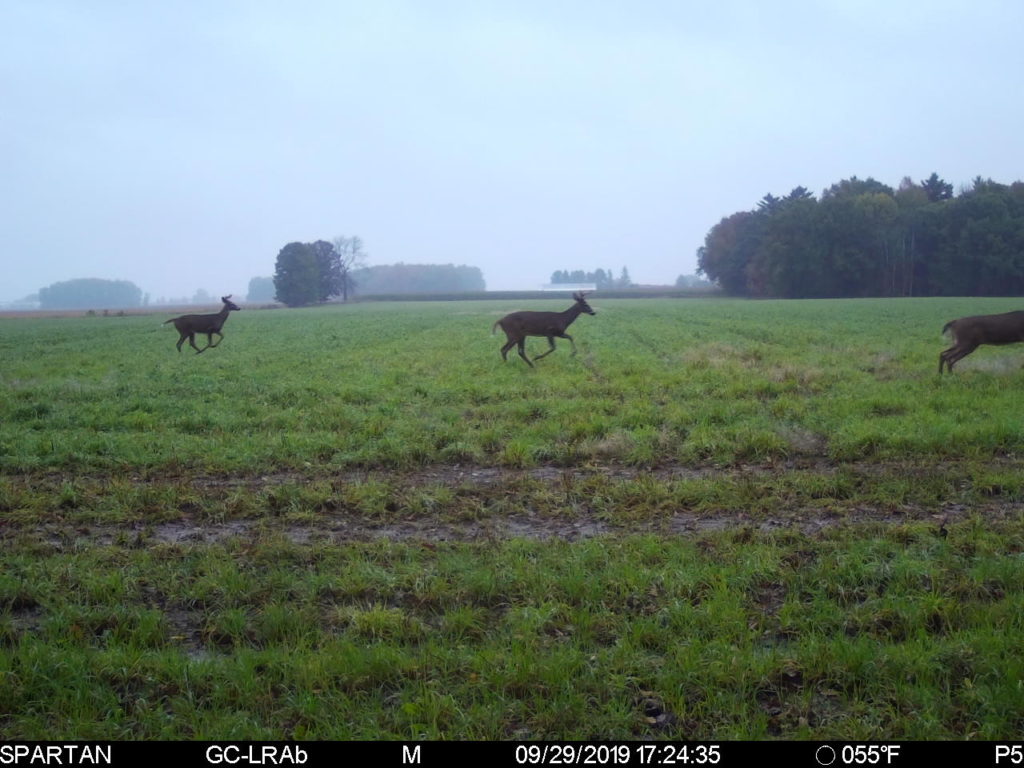|
Late Summer Pears from Chestnut Hill Outdoors
|
|
|
 |
|
Every wonder why abandoned farmsteads often make such great hunting areas? Some of it has to do with most game animals preferring the reverting edge habitat created as natural succession consumes once open lawns and pastures. But within that habitat lies hidden treasure. When still occupied and maintained, most homesteads also had small fruit orchards; and though they’ve long gone fallow, they still produce succulent soft mast that wildlife seek out in late summer.
Thanks to the folks at Chestnut Hill Outdoors, you can create the same conditions, at the same time attracting and holding more and healthier wildlife on your land by planting orchards of soft mast species like pears. Since pears are among the earliest soft mast shrubs to fruit, providing ripe fruit as early as July, they help fill important nutritional gaps for wildlife.
Chestnut Hill Outdoors offers several varieties of pears:
Pears are easy to establish, grow more vigorously and produce more fruit in full sun and prefer slightly acid (pH 5.9-6.5) well-drained, sandy loam soils, but they will grow on many soil types if good drainage is provided.
Chestnut Hill Outdoors is more than just a nursery. In order to ensure you receive the maximum benefit from their products, they also provide sound advice and instruction on proper planting and care. And they ensure the plants you receive are suited to your regional climate. For more on Chestnut Hill Outdoors products and how to care for them, visit ChestnutHillOutdoors.com, or call (855) 386-7826.
|
 |
|
|
|
Chestnut Hill is the best place for you to purchase your food plot and deer attractant plants because they offer a large selection, their plants are specifically bred to attract deer, and they offer customers different sized plants at different levels of growth.
|
|
For more information, please visit
|
